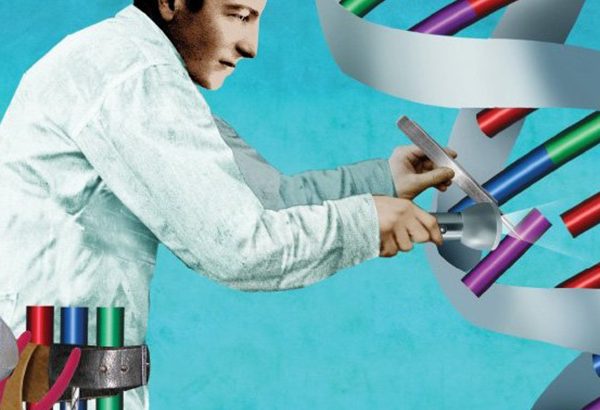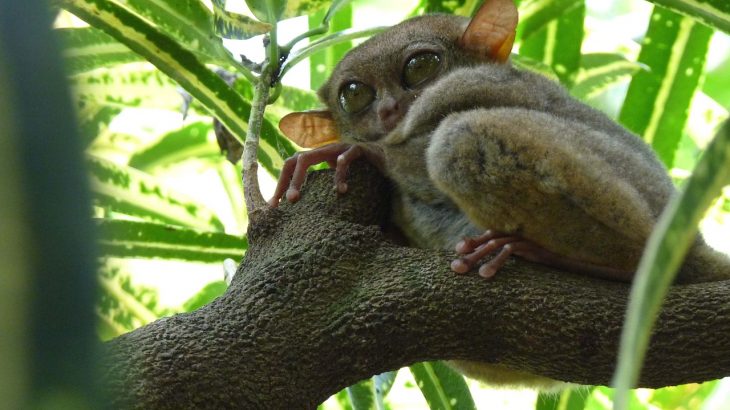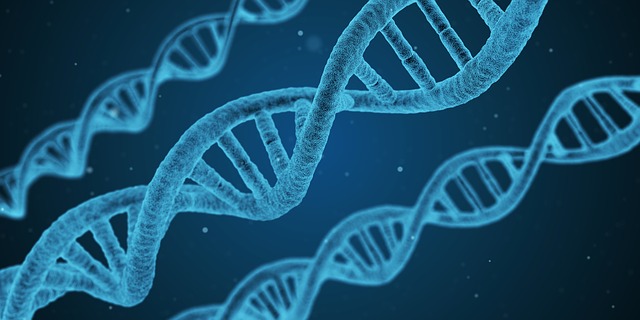
Michael Ralph Limmena, Health, Medicine & Veterinary Science editor Warning: This article contains details that some readers may find distressing With the discovery of the potential graves of 215 Indigenous children at the former Kamloops Indian Residential School and a further 751 potential graves at the former Marieval Indian Residential School, many Canadians are horrified […]







